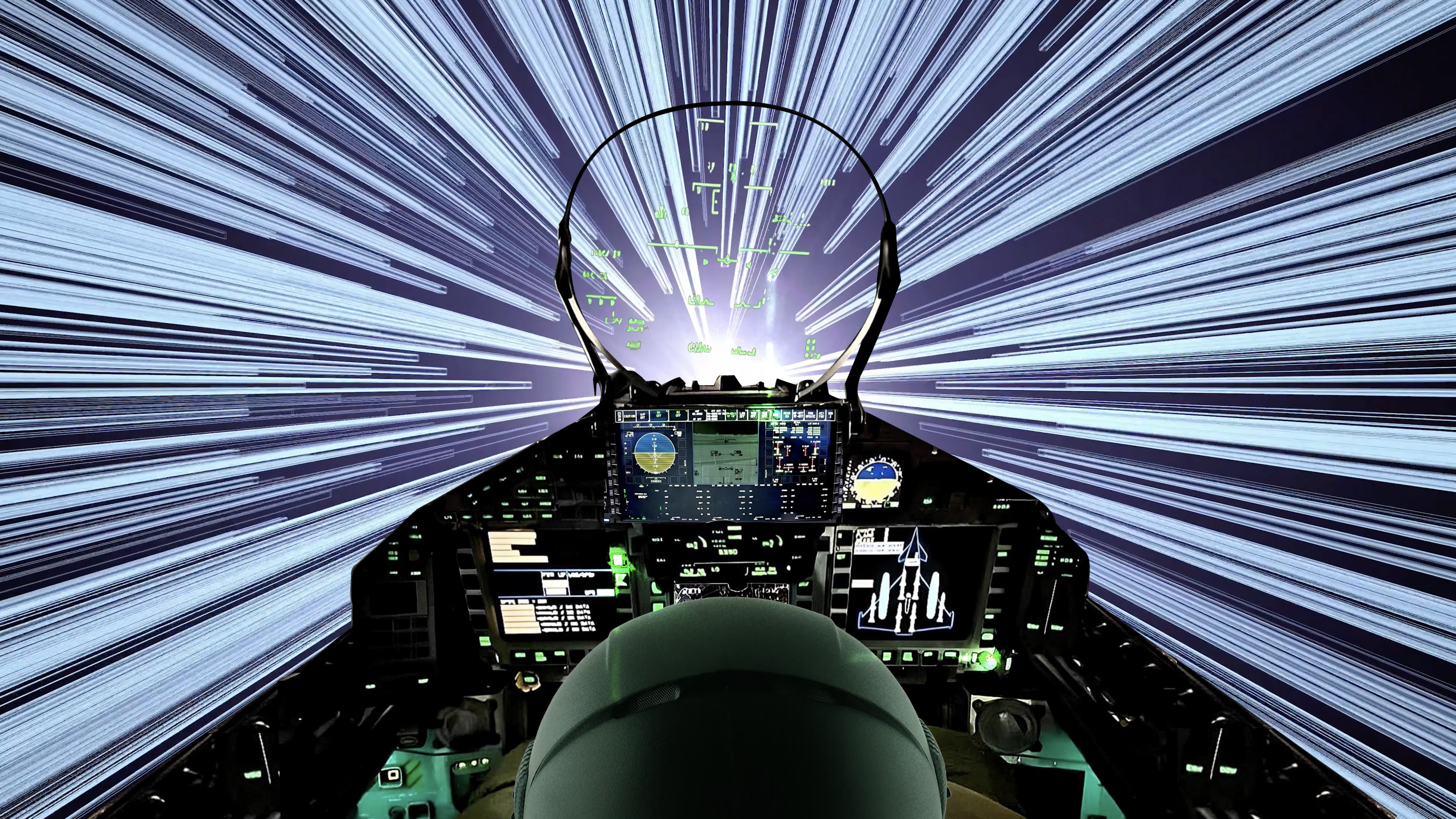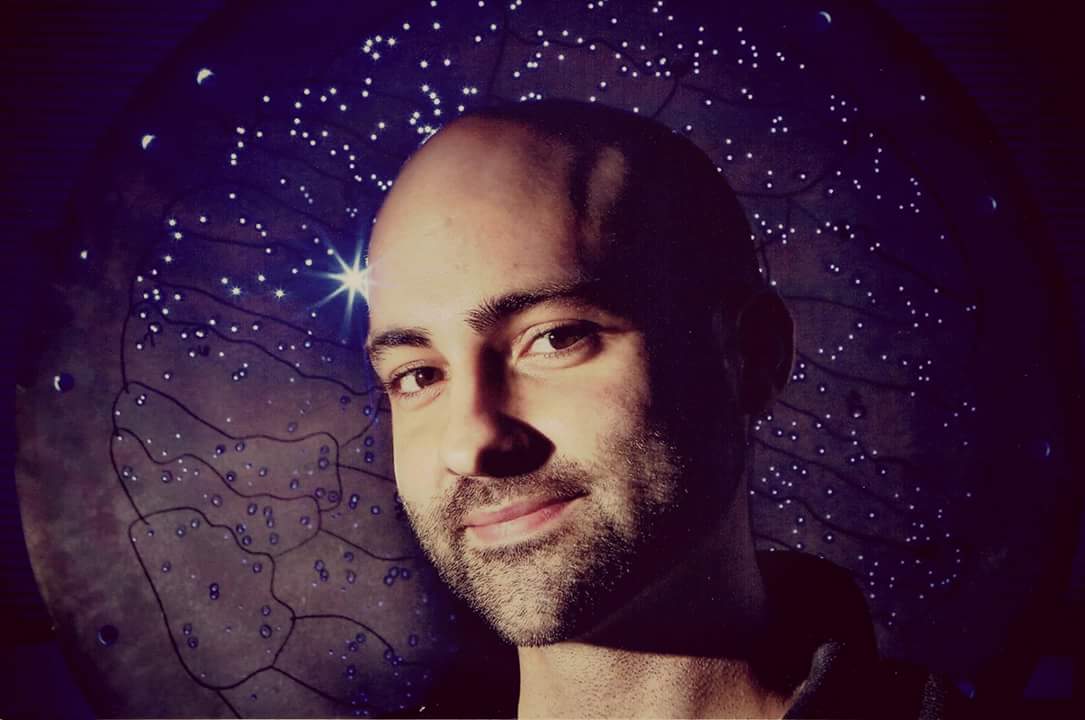Could we travel to parallel universes?
Let's explore the possibility of traveling to universes beyond our own — if they so exist, that is.

While parallel universes are a staple of science fiction, there are some real scientific theories to support them. But if parallel universes do exist, could we ever travel to them? It certainly wouldn't be easy, but let's explore this possibility.
Parallel universes crop up in two places in physical theories. One is in our conception of inflation, the theory of the extremely early universe. In those tumultuous times, many universes may have inflated all at once (and kept going) and branched out into a tremendous number of individual universes, each with their own kinds of physics and arrangements of matter. But traveling to the other universes wouldn't be easy, because they're far beyond our observable horizon and moving away faster than the speed of light. That would take a lot of frequent flyer miles.
The other potential multiverse is in the many-worlds interpretation of quantum mechanics. This interpretation says that when some random quantum process occurs, one "universe" gets one of the possible results, while other universes get the others. Thus, the multiverse is constantly being filled with every possible quantum possibility.
But how would we get to one of those parallel universes?
The trick is to build a time machine. It doesn't matter how you do it; you just need to go back in time. Normally, going back in time introduces all sorts of nasty paradoxes, like the infamous grandfather paradox, or, less violently, inconsistent histories. Try going back in time and destroying your time machine. Now it doesn't exist, which means you can't go back in time to destroy it, which means it should exist.
Perhaps time travel into the past is forbidden for exactly these reasons, according to Stephen Hawking's chronology protection conjecture. Or perhaps time travel into the past is allowed, but with one strict rule: You can't change the past. This is known as Igor Novikov's self-consistency conjecture. But how could you go into the past without changing it?
One possible answer is that when you travel into the past, you don't go into your own past. Instead, you slip into another history. If you go back in time and kill Hitler, you're not killing the Hitler of your past; you're killing somebody else's. And in that alternate universe, Hitler was always killed by a time-traveling assassin from another universe. When you return to the future, you come back home, with an unchanged past.
Get the Space.com Newsletter
Breaking space news, the latest updates on rocket launches, skywatching events and more!
The many-worlds interpretation offers a natural platform for creating these alternate histories. If the universe is constantly splitting and branching anyway, then time travel simply moves you from one of those branches to another. Or, in another possibility, when you go back in time, you create a new branch that didn't exist before.
While this all sounds neat and tidy, it runs into the slight complication that nobody has ever gotten it to work. We don't know how this process actually unfolds or through what mechanism the alternate history emerges.
Attempts to navigate the issue by studying quantum mechanics have had mixed results. Left to their own devices, quantum fields tend to go haywire when time machines are involved. You can stabilize them — if you give up some of the core tenets of the theory, like the correspondence principle or unitarity, which say that quantum processes eventually lead to macroscopic behavior and that fundamental reactions are reversible. Nobody is really willing to give those up, since they seem central to the theory — so we're stuck on that front.
Besides, even classical, non-quantum systems run into issues. Let's say you have a switch that can turn your time machine on and off — say, by opening or closing a wormhole. We don't know how the alternate histories can accommodate changes in their space-time structures like that, regardless of whatever quantum processes are happening on a subatomic level.
However, if we could build a time machine, we could easily test whether alternate histories are created. All we'd have to do is change something in the past that you remember. If you're not allowed to do it (say, no matter how hard you try, you just can't kill Hitler), then you know there's only one timeline with a past that is locked in stone. But if you accomplish the mission, then you know that alternate histories are real and that the many-worlds interpretation of quantum mechanics might be valid.
We don't know if any of this is possible. On the other hand, we can't exactly rule it out. Time travel into the past seems forbidden but for reasons we can't readily discern. Our past seems to be gone forever — but it's also possible that it's just one branch of many and that visiting alternate universes is as easy as … Well, it's not easy at all.
Join our Space Forums to keep talking space on the latest missions, night sky and more! And if you have a news tip, correction or comment, let us know at: community@space.com.

Paul M. Sutter is an astrophysicist at SUNY Stony Brook and the Flatiron Institute in New York City. Paul received his PhD in Physics from the University of Illinois at Urbana-Champaign in 2011, and spent three years at the Paris Institute of Astrophysics, followed by a research fellowship in Trieste, Italy, His research focuses on many diverse topics, from the emptiest regions of the universe to the earliest moments of the Big Bang to the hunt for the first stars. As an "Agent to the Stars," Paul has passionately engaged the public in science outreach for several years. He is the host of the popular "Ask a Spaceman!" podcast, author of "Your Place in the Universe" and "How to Die in Space" and he frequently appears on TV — including on The Weather Channel, for which he serves as Official Space Specialist.









